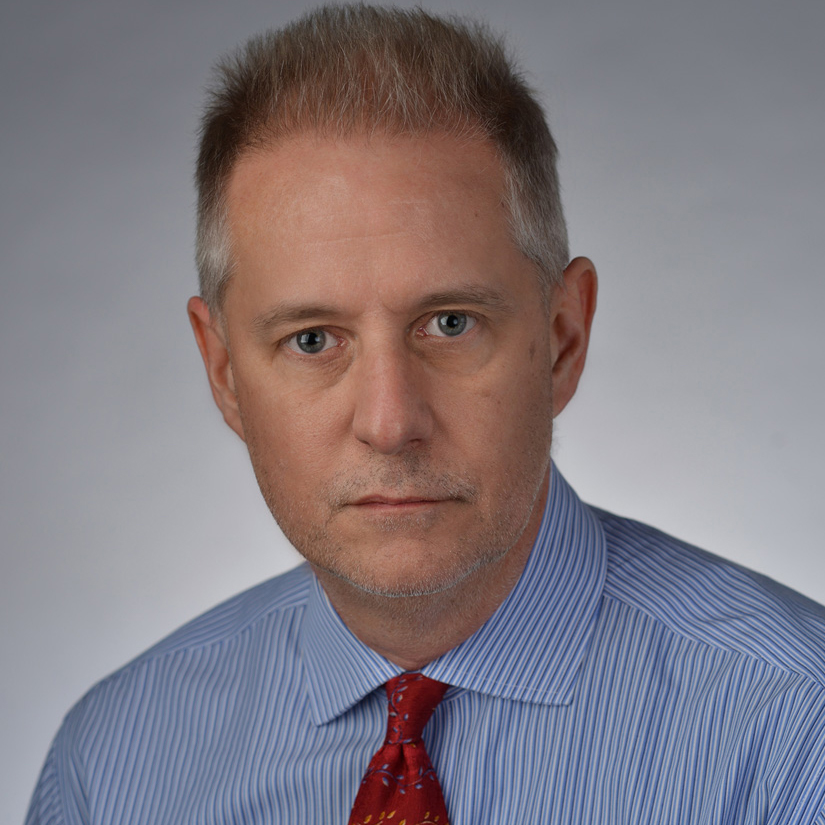On Demand Summit: Plea For ‘Collaboration' On Entitlement
The smarter way to stay on top of the multichannel video marketplace. Sign up below.
You are now subscribed
Your newsletter sign-up was successful
When programmers and cable operators get together, the talk inevitably turns to entitlement and authentication.
Cable operators want programmers to limit Internet access to popular shows to people who are "entitled" because they are paying for that programming via cable subscriptions. Authentication would prove their entitlement. Time Warner Cable is promoting a concept called "TV Everywhere" and Comcast has talked about an On-Demand Online service that would funnel the online extras through its own Fancast.com Web portal.
Operators are worried about losing multichannel video subscribers because popular programming is available to Web surfers, and programmers are afraid of jeopardizing the subscriber fees they're paid by aggrieved cable, satellite-TV and telco-TV providers.
At a panel session during the B&C-Multichannel News On Demand Summit in Philadelphia, the entitlement topic got caught up in a conversation about a related topic - how programmers can make money out of the on-demand video programming they provide cable affiliates.
VOD can help programmers market new or returning shows as a way to entice viewers to sample the shows. But technical limitations about inserting ads make it hard for programmers to also make money from the people viewing those VOD shows. Still, programmers must provide VOD fare to cable affiliates because affiliates require it to help set themselves apart from satellite-TV providers.
"A great marketing platform is a wonderful thing. But a revenue stream and a business for the programmers would be an even better thing," Rebecca Glashow, senior vice president of digital media distribution at Discovery Communications, said about VOD during the panel discussion among programmers and cable operators.
She pointed out that the "monetization" issues around VOD have existed for years, and suggested that those are issues that need to be addressed ahead of time before entitlement systems get implemented.
The smarter way to stay on top of the multichannel video marketplace. Sign up below.
"The key is collaboration rather than anyone going off on their own, creating a service and saying this is how it works," Glashow said. "For this to work it has to be something that industry supports because it has to work for the consumer, so there has to be some uniformity of experience for the consumer. When they go onto A&E or Discovery, or one operator or the other, they need to know what authentication means, what the rules are that they are abiding by, for us to win the battle of preserving the model."
But requiring all cable operators to completely agree on an authentication approach before experimenting with it is a recipe for failure, said Bob Watson, vice president of programming acquisition and new business development at Time Warner Cable of New York and New Jersey.
"If you're waiting for that, it's never going to work," Watson said. Operators need to experiment with authentication approaches and then let the market decide, he said.
Rogers Cable vice president and general manager David Purdy said he wants to see more urgency around the authentication issue. "We're big fans of the entitlement model," he said, putting Rogers more in the Comcast camp of funneling the extra video content through a single site (such as a Rogers site) rather than wherever the programmers would like to put the content online. As Multichannel News has reported previously, satellite and telco providers are more in the Time Warner camp, which would allow "entitled" subscribers to see the online content they want on the programmers' own sites.
In Canada, Purdy said, it's been established that "tethering" works. Rogers has a relationship with premium service The Movie Channel, about 50% of subscribers' movie viewing is done on demand instead of on the scheduled channel. That enhancement helped Rogers and TMC push through a rate increase on the service after eight years without an increase.
Glashow said that might make money for a premium service, but doesn't mean more money for basic-channel programmers.
Said Watson: "So you're saying programming rates haven't gone up?"
Mark Garner, senior vice president of distribution, marketing and business development at A&E Television Networks, said after discussions "there is beginning to be some coalescence" on entitlement and authentication approaches, while many questions remain.
The train is rolling, though. "It's not an if, its a when and how," Garner said.
Kent has been a journalist, writer and editor at Multichannel News since 1994 and with Broadcasting+Cable since 2010. He is a good point of contact for anything editorial at the publications and for Nexttv.com. Before joining Multichannel News he had been a newspaper reporter with publications including The Washington Times, The Poughkeepsie (N.Y.) Journal and North County News.

